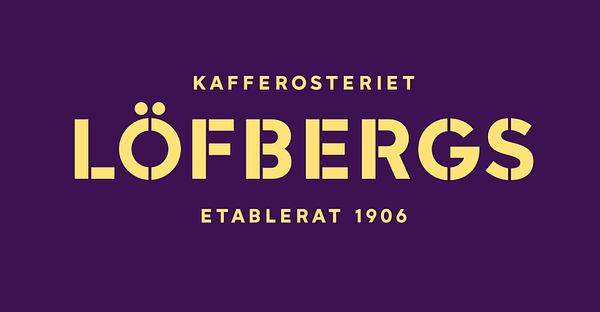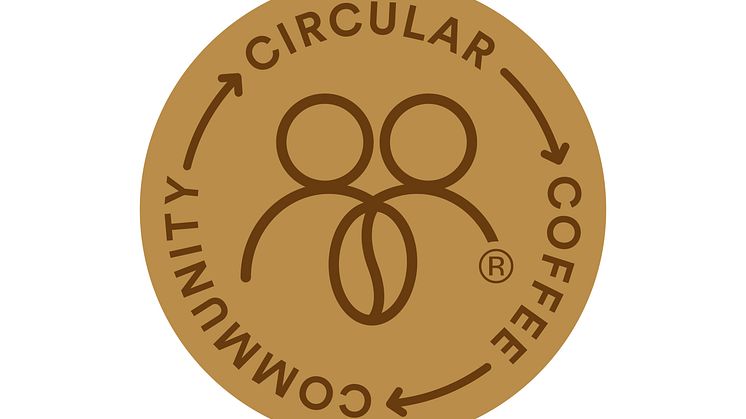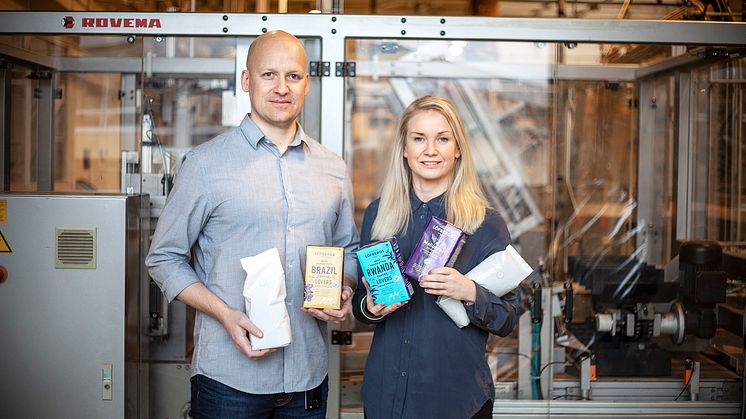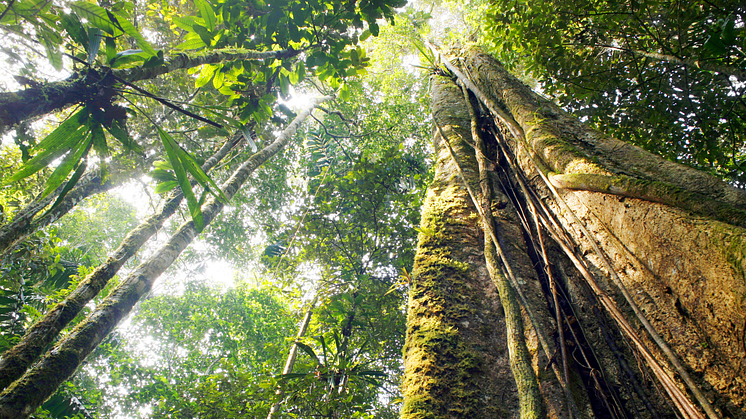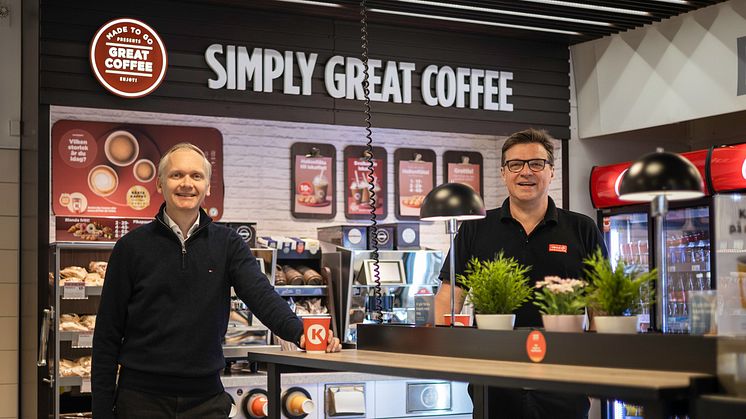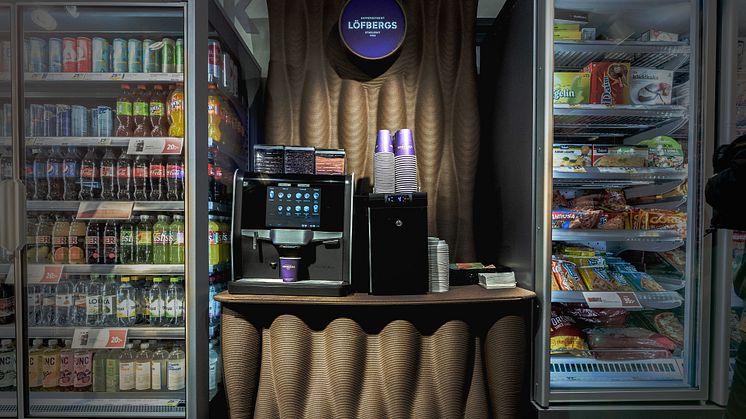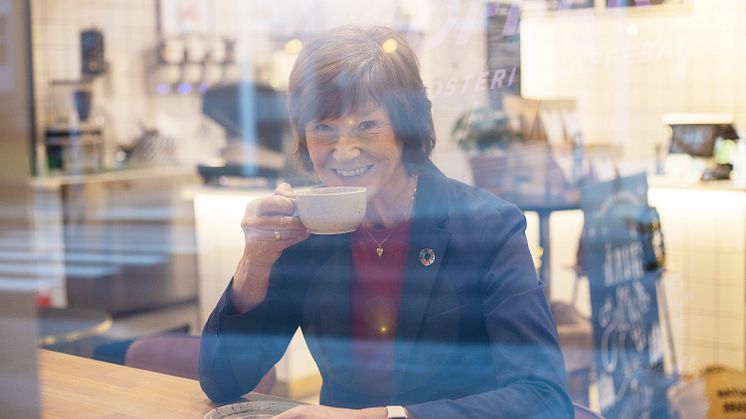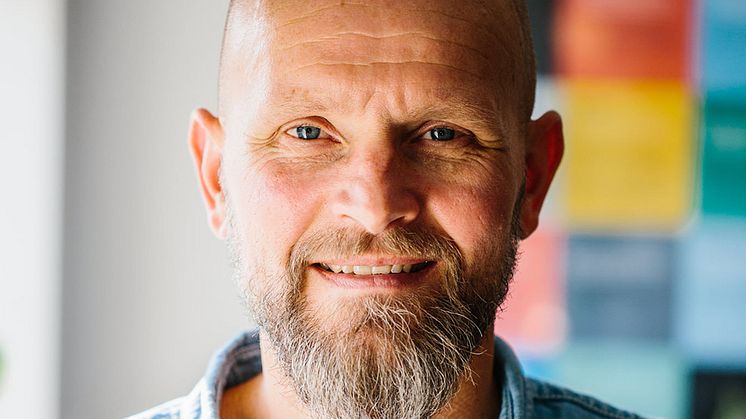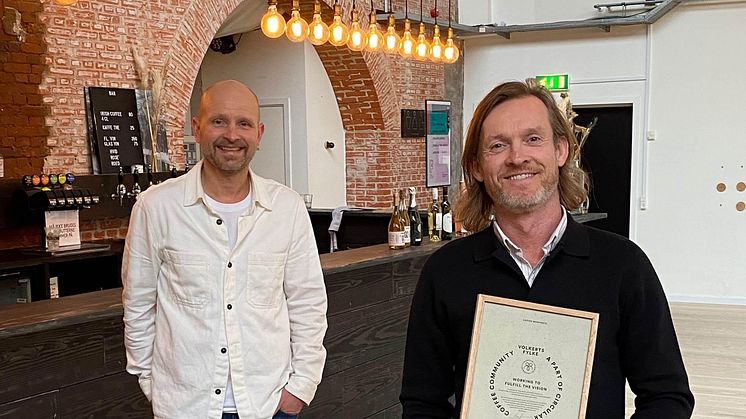
Press release -
Companies create mutual value in circular community
The number of companies in the Circular Coffee Community is growing steadily, and the first solutions and business models are starting to sprout. The community, founded by Swedish based coffee group Löfbergs, wants to make coffee 100 percent circular.
By 2030, coffee should be a 100 percent circular resource. That is the goal of the Circular Coffee Community and a stark contrast to now, where less than 1 percent of the coffee's nutritional value is being utilized. The full use of the plant must double the earnings in the entire coffee value chain.
Fertilizer for higher ambitions
Those visions have resonated well with Danish food recycling company Daka ReFood and ecological venue Volkerts Fylke, who both take part the community. Together with Peter Larsen Kaffe, they have initiated a concrete collaboration within the framework of the Circular Coffee Community. Peter Larsen Kaffe delivers coffee to Volkerts Fylke, which sorts out the used coffee grounds. Daka ReFood then picks it up and produces energy and fertilizer from it.
The companies’ commitment to the community is motivating them to raise their circular ambitions.
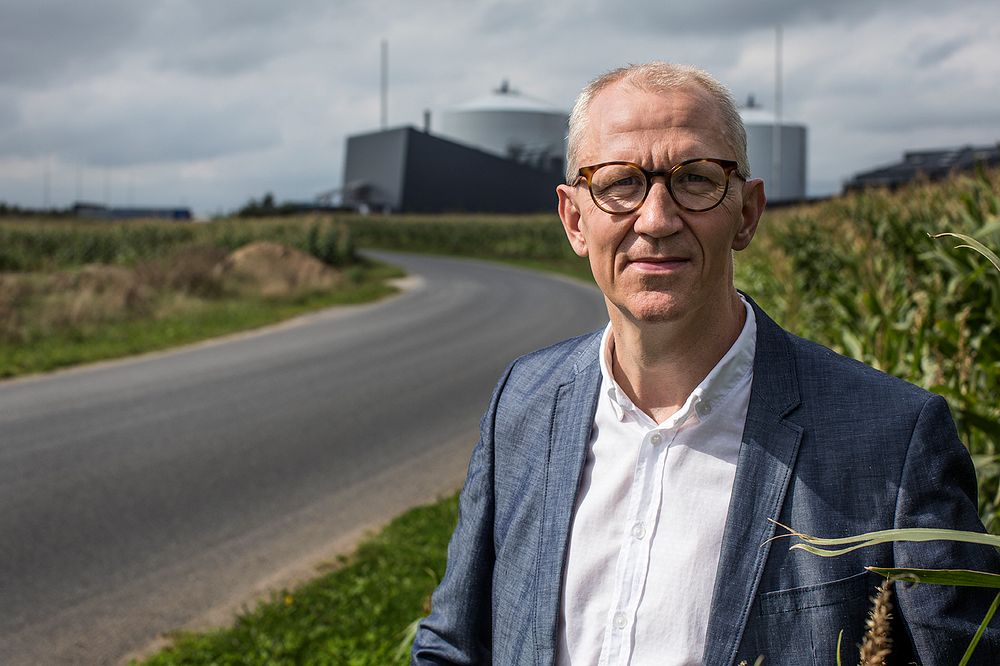
- We strive to get as much value as possible out of the food waste. We are well underway, but this is definitely only the beginning, says Lars Brødsgaard, Business Unit Director at Daka ReFood.
The community and business opportunities in the Circular Coffee Community are also right up the alley of Volkerts Fylke, says Jimi Kristensen, one of the founders of the organic venue.
- We have a clear position on the raw materials and resources we use. This is one of the primary motives when companies choose us as the venue for their events, and this also makes it financially sustainable for us, he says.
Sustainability on all bottom lines
Volkerts Fylke is also on its way to collaborating with the company Micro-Greens, which can utilize the nutrient-rich coffee grounds in its sustainable cultivation of sprout greens.
- That's why the community idea behind the Circular Coffee Community is so bold. These are companies that, across industries and industries, can develop each other's businesses and create new solutions that are both environmentally and financially sustainable,” Jimi Kristensen says.
According to Lars Aaen Thøgersen, Chief Innovation and Circular Transformation Officer at Löfbergs, this is exactly the idea of the community.
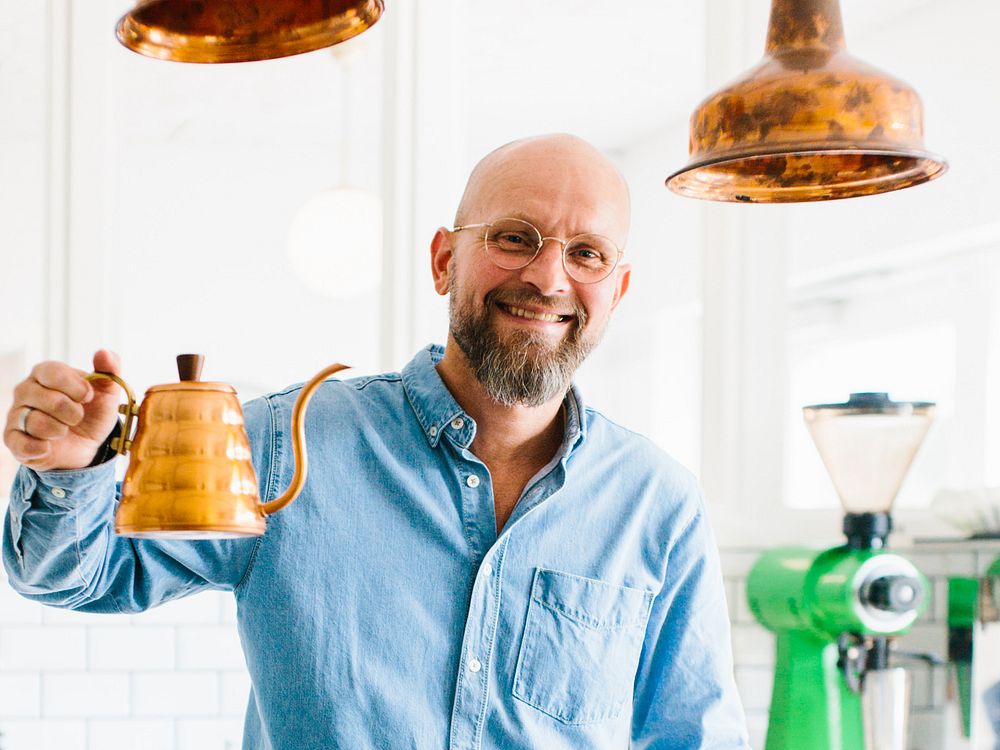
- We have a common obligation to utilize nature's resources optimally and circularly. Our primary product is coffee, but we know that the coffee plant has a lot of useful potential in addition to what we at Löfbergs and Peter Larsen Kaffe are experts in utilizing. That is why we need the community if we are to live up to our goal of becoming 100% circular,” he explains.
Lars Aaen Thøgersen emphasizes that the Circular Coffee Community works for sustainability on all bottom lines, both economically, environmentally and socially:
- This is not a charity community. Participants can see both the business and sustainability potential of working for circular solutions.
The first concrete products, which have been developed within the framework of the Circular Coffee Community, are also on their way to companies and consumers in the form of e.g., skin care and cosmetics products.
For more information:
Lars Aaen Thøgersen, Chief Innovations and Circular Transformation Officer, Löfbergs, +45 2144 1720
***
FACTS
Circular Coffee Community
A community of companies, researchers, farmers and consumers who work together to explore and exploit the full, circular potential of the coffee plant and eliminate all waste related to coffee. Today, we utilize less than 1 % of the coffee plant's nutrient-rich content of e.g., proteins, fatty acids and antioxidants when we brew a cup of coffee. The ambition of the Circular Coffee Community is that that percentage should be 100. www.circularcoffeecommunity.com
Volkert Fylke
Volkerts Fylke is a modern, ecological venue for meetings, conferences, concerts, parties and other events. Volkerts Fylke is housed in a former wool spinning mill in the heart of Kolding with room for up to 350 seated guests and also runs a restaurant, a festival and other events. www.volkerts.dk
Daka ReFood
Daka ReFood collects food waste throughout Denmark and recycles it to produce green energy, nutrient-rich fertilizer and biodiesel. The company is behind the REFOOD brand - a certification scheme for companies and organizations in the food and service sector that make an effort against food waste and for recycling. www.refood.dk
Topics
Categories
The coffee roaster Löfbergs is a Swedish Family Business founded in 1906. We are 340 coffee lovers operating in Northern Europe and Canada, sharing the passion for taste, trends and sustainability. We have a turnover of SEK 1.6 billion and is one of the world's largest purchasers of organic and Fairtrade-labeled coffee. The Löfbergs group includes the brands Löfbergs, Peter Larsen Kaffe, Percol, Green Cup, Kobbs and SuperBonobo. Website
